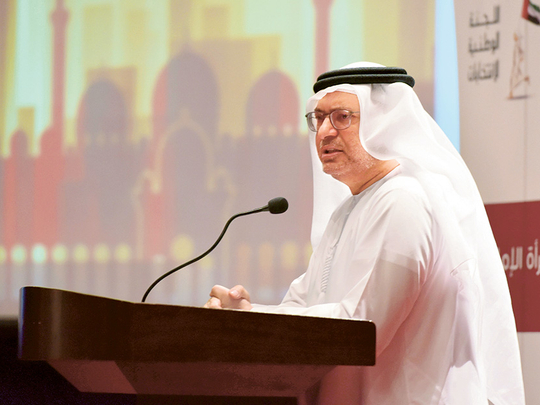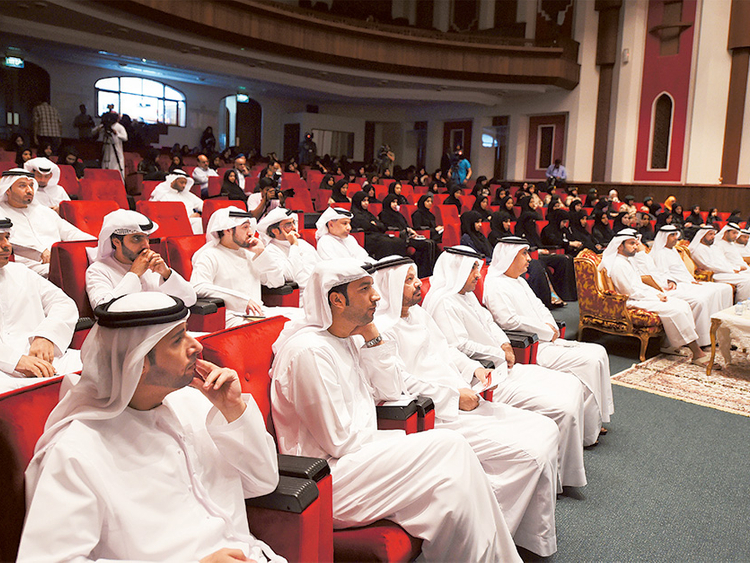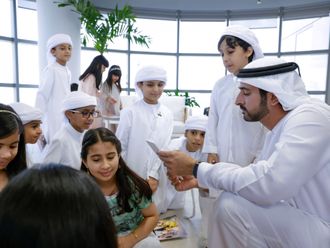
Abu Dhabi: Around 48 per cent or 107,520 of eligible voters for the upcoming Federal National Council (FNC) elections are women, who must go the extra mile to prove themselves in what is considered a relatively patriarchal society, FNC officials said.
Around 224,000 Emiratis, selected by the government, will be eligible to nominate themselves and vote for others during the third FNC elections, which will kick off on September 28 for early voting.
Four Abu Dhabi members will be elected and four others will be appointed by a dederal entity.
Speaking at the General Women’s Union in the capital today (Monday), Dr Anwar Al Gargash, Minster of State for Foreign Affairs and FNC Affairs and Chairman of the National Election Committee, said: “During the first FNC elections in 2006, we were asked a very peculiar question about whether women would be able to vote for and become candidates. To be honest, it is a not a question that should be asked given the integral role which UAE women play in society.”
However, in a patriarchal society, Dr Gargash stated, women should exert around 15 per cent more effort than men in order to prove themselves.
“This is applicable in almost all countries, and is one of the primary reasons why only one female FNC member was elected in 2011 and 2006. Another factor which I think can help improve women’s success in this round of elections is the ability to build connections,” he added.
The official also called for communication between nominees explaining that women are capable of reaching out to each other in a way that men are unable to.
“Emirati women have broken the so-called ‘glass ceiling’ which many believe exists in other countries. With the prevalence of women in all fields, including education, family, health and even the military, there is a big opportunity to address key topics that pertain to the standard of living such as motherhood, childcare and retirement,” Gargash said.
All laws passed have first to be discussed at the FNC and Dr Amal Al Qubaisi made history when she chaired a House session in 2013 after she was elected in 2006.
“Dr Amal is no longer viewed as a woman but as a strong voice in society. Every single sector of UAE’s women can play a role whether they are young, middle-aged or from the older generation,” he added.
This year, the number of eligible voters has gone up from 7,000 in 2006, the FNC’s first round of elections, to 224,000 across all emirates. Meanwhile, 36 voting centres enable individuals from all emirates to cast their votes despite where they come from originally.
This is to facilitate the process for individuals living in one emirate and working in another.
Maisoon Mubarak is a trainee at Gulf News













